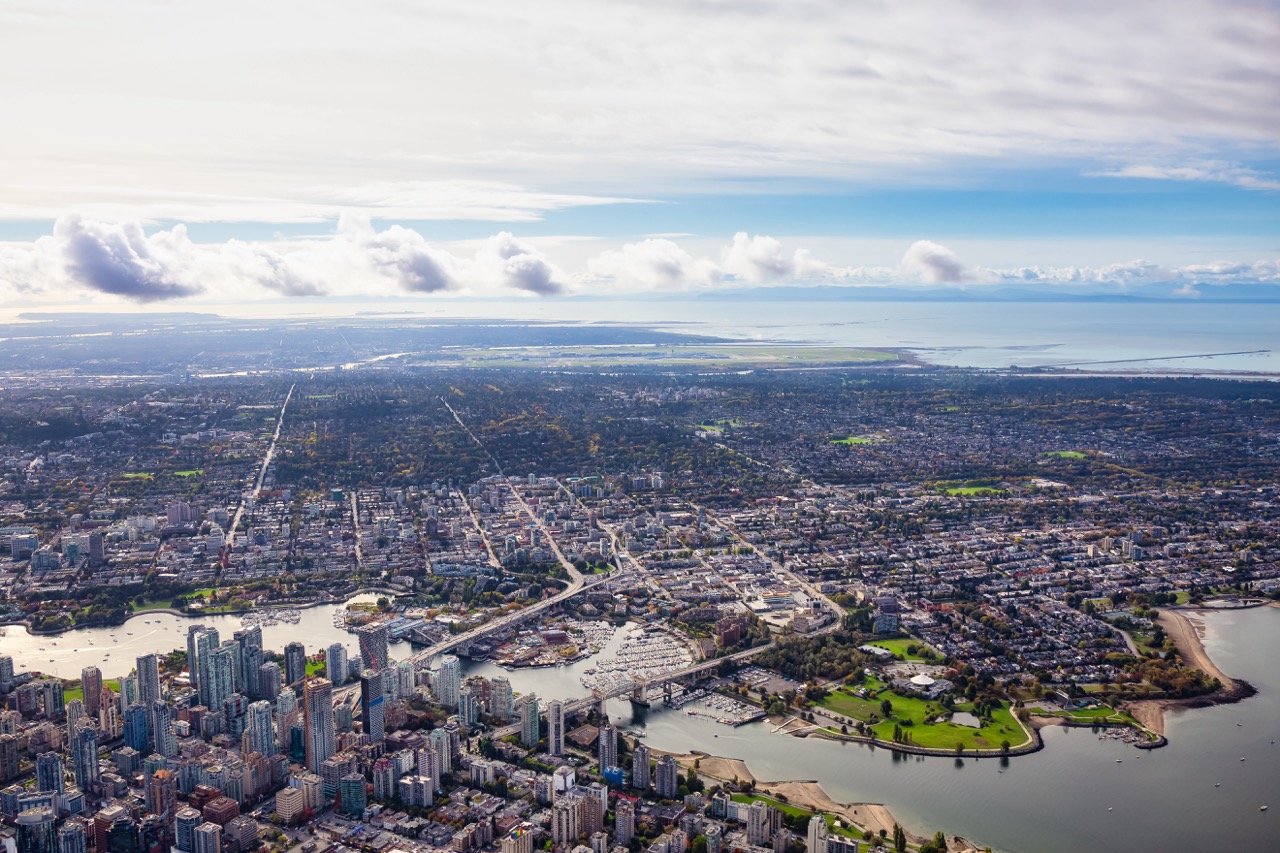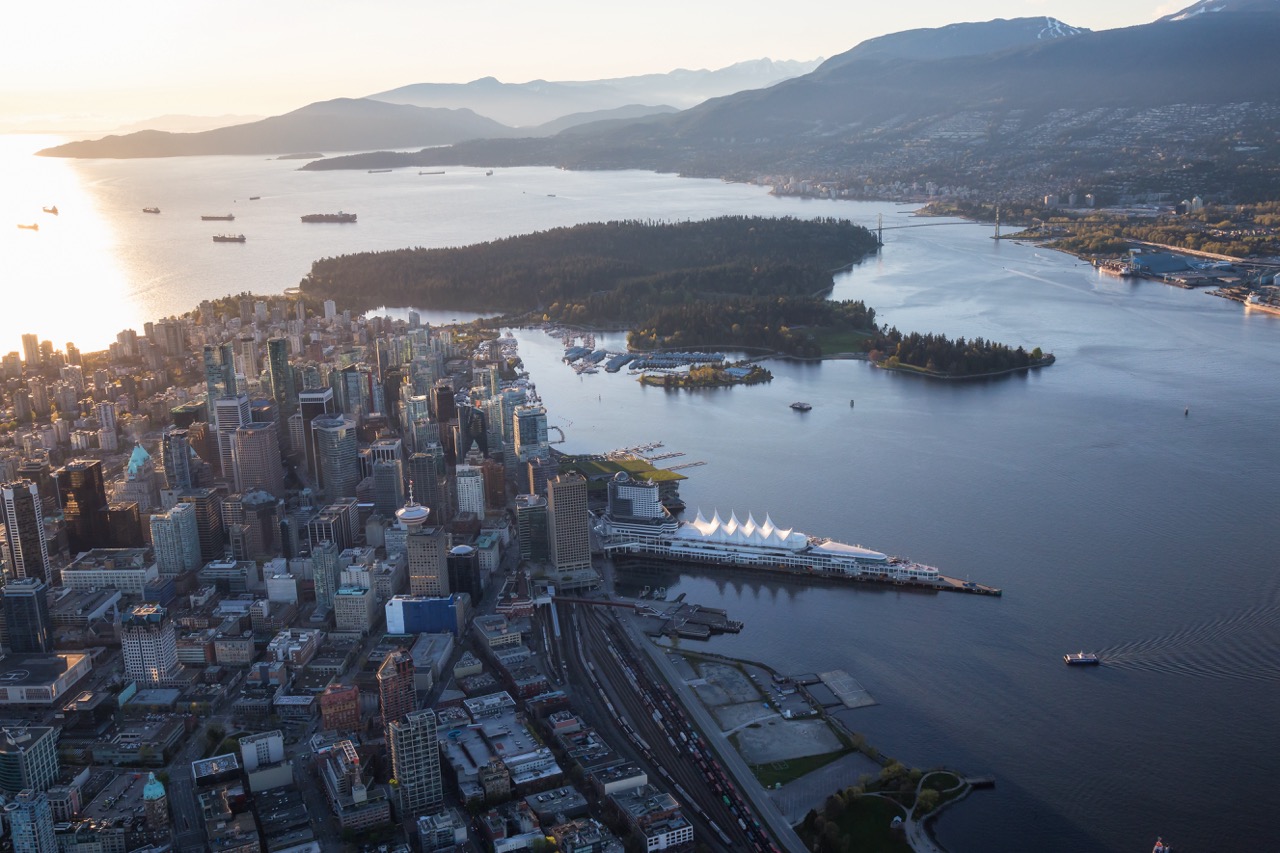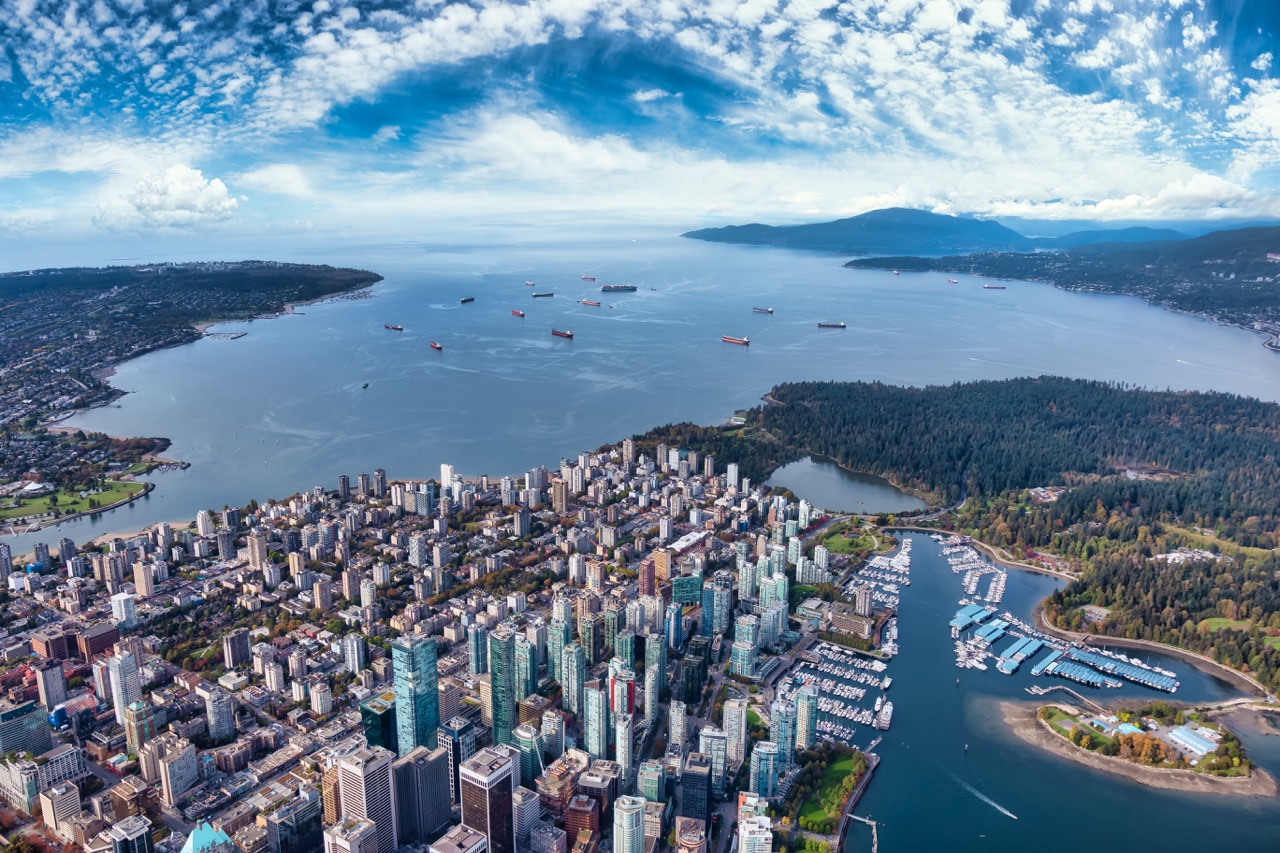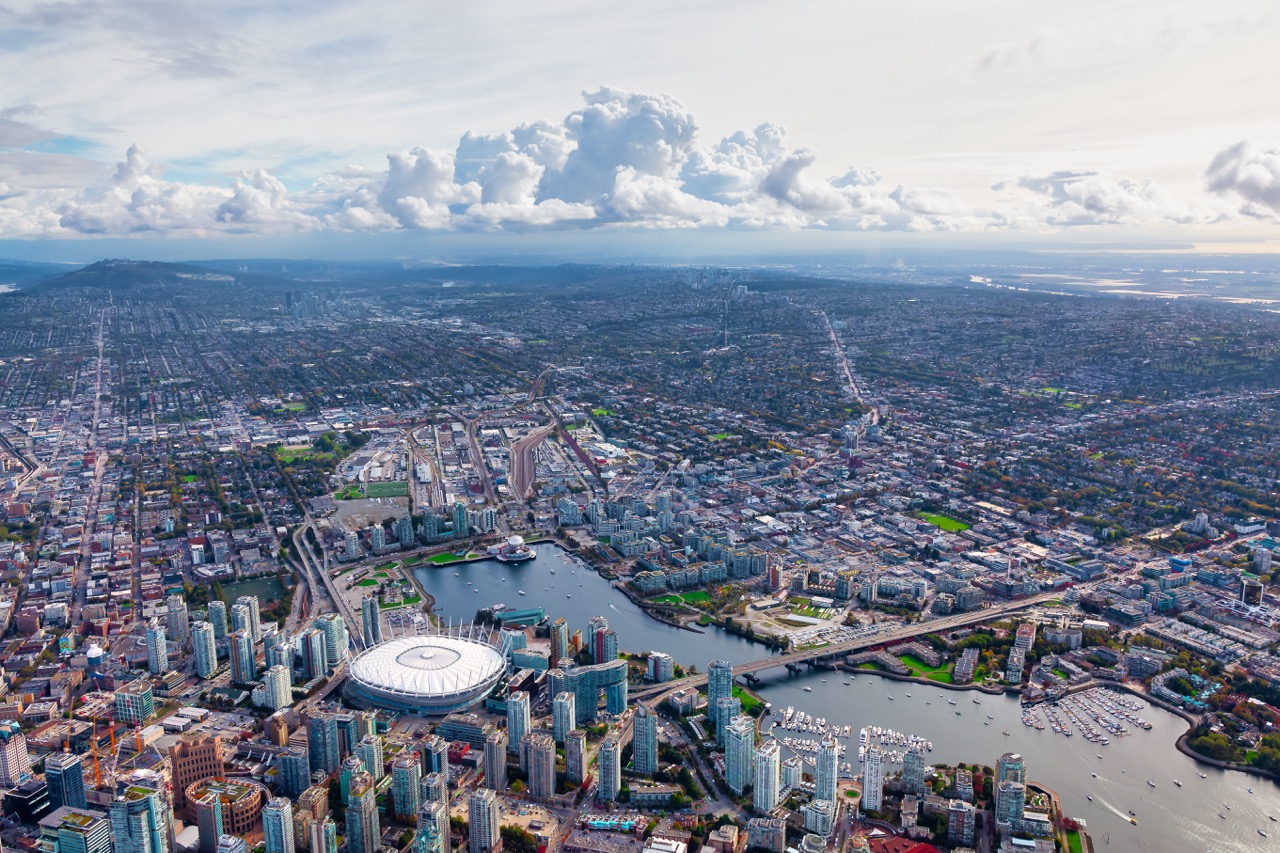Vancouver, a bustling west coast city in Canada, is often celebrated for its breathtaking natural landscapes, vibrant cultural scene, and high quality of life. However, like any major urban area, it comes with its own set of advantages and disadvantages. This article takes an in-depth look at the various aspects of living in Vancouver, exploring both its enchantments and its challenges to provide a balanced view for potential residents and newcomers.
Understanding the Allure of Vancouver’s Natural Beauty
Vancouver is renowned for its stunning natural beauty, encompassing mountains, ocean views, and lush greenery. The city is nestled between the Pacific Ocean and the Coast Mountain Range, offering residents a picturesque backdrop for outdoor activities year-round. From hiking and skiing to kayaking and beach lounging, the options for nature enthusiasts are endless. The proximity to such diverse landscapes is a significant draw for those who appreciate an active lifestyle amid breathtaking scenery.
In addition to outdoor activities, the city’s parks and gardens, such as Stanley Park and Queen Elizabeth Park, provide tranquil spaces for relaxation and recreation. The natural beauty is complemented by a commitment to environmental sustainability, as seen in the city’s extensive bike paths and green initiatives. This focus on eco-friendliness enhances the quality of life for residents who prioritize outdoor experiences and healthy living.
However, the allure of Vancouver’s natural beauty is not without its trade-offs. The geography also contributes to the city’s housing density and urban sprawl, where many people live in close quarters, leading to congestion and crowding in popular areas. While the landscapes are undeniably beautiful, the urban environment can sometimes detract from the serene experience that nature offers.
The Cost of Living: A Double-Edged Sword in Vancouver
Living in Vancouver comes at a price, with the city consistently ranking as one of the most expensive places to live in North America. Housing costs, in particular, are a significant concern, with high real estate prices making home ownership a distant dream for many. Renters also face steep prices, often having to sacrifice space, location, or amenities to afford a place to live.
Despite the high costs, many residents argue that the quality of life in Vancouver justifies the expense. The city boasts top-notch amenities, including world-class healthcare, education, and public services. Additionally, the rich cultural scene, diverse dining options, and endless recreational activities can make the investment worthwhile for those who value these features. However, the financial burden can create stress and anxiety for residents, particularly for families or individuals on fixed incomes.
Another aspect of the cost of living is the economic disparity that accompanies it. While some residents thrive in Vancouver’s competitive job market, others struggle to make ends meet. The gap between high-income earners and those in lower-wage jobs creates a complex social landscape, where affordability and accessibility become pressing issues for many citizens.
Weather Patterns: The Rainy Reality of Vancouver Life
Vancouver’s climate is characterized by mild, wet winters and warm, dry summers. The temperate weather is one of the factors that attracts many people to the city, allowing for a comfortable living environment year-round. However, the city’s reputation for rain is not unfounded, as residents can expect significant precipitation, particularly during the fall and winter months. This aspect of the climate can be a considerable adjustment for newcomers, especially those from drier regions.
While the rain contributes to the lush greenery and scenic beauty, it can also dampen outdoor activities and affect mood. Seasonal affective disorder (SAD) is a concern for some residents who struggle with the lack of sunlight during the darker months. Additionally, the dampness can lead to challenges with home maintenance, such as mold growth and wear on buildings, which can add to the expenses of living in Vancouver.
On the flip side, the moderate climate means that winter does not bring extreme cold, allowing for outdoor activities to continue year-round. The warm summers are perfect for outdoor festivals, beach outings, and various community events. Ultimately, the weather in Vancouver can be seen as both a blessing and a curse, depending on one’s perspective and lifestyle preferences.
Public Transport: Convenience vs. Accessibility Issues
Vancouver boasts a relatively efficient public transportation system, including buses, SkyTrain, and SeaBus services that connect various neighborhoods and suburbs. For many residents, the convenience of being able to navigate the city without a car is a significant advantage. The SkyTrain, in particular, is known for its punctuality and coverage, making it a popular choice for commuters and tourists alike.
Despite the advantages, there are notable accessibility issues within the public transport system. While the network covers many areas, some neighborhoods remain underserved, making it difficult for residents in those regions to rely on public transport for their daily commutes. Additionally, the aging infrastructure requires ongoing investments, which can lead to delays and service interruptions. These challenges can deter potential users, particularly those who may rely on public transportation due to financial constraints.
Furthermore, while public transport is convenient for many, it can also be crowded during peak hours, leading to uncomfortable commuting experiences. This overcrowding can create a negative atmosphere, especially for those who prefer a less chaotic transit experience. Overall, while Vancouver’s public transport system offers substantial benefits, the accessibility issues highlight the need for further development and improvements to meet the diverse needs of its residents.
Job Market Analysis: Opportunities and Challenges Ahead
The job market in Vancouver is diverse and offers opportunities across various sectors, including technology, film and television, tourism, and healthcare. The city has seen a surge in the tech industry, with numerous startups and established companies setting up shop, providing employment for skilled workers. The presence of educational institutions also fosters a talent pool, making Vancouver an attractive location for companies looking to hire.
However, as the job market expands, so does the competition for positions, particularly in desirable fields. Many residents face challenges in securing stable, well-paying jobs, especially those with specialized skills or limited experience. Additionally, the high cost of living can be discouraging for job seekers who struggle to find positions that offer salaries commensurate with the expenses of living in the city.
The pandemic has also impacted the job market, leading to shifts in industry demands and remote work trends. While some sectors have rebounded, others continue to face uncertainty. As Vancouver continues to evolve, residents must navigate the complexities of job availability, industry growth, and the ever-present challenge of affordability in an increasingly competitive landscape.
Cultural Diversity: A Strength with Some Complications
Vancouver is one of the most culturally diverse cities in Canada, home to a melting pot of ethnicities, languages, and traditions. This diversity enriches the city’s cultural scene, offering residents access to a wide variety of festivals, cuisines, and community events. The multicultural atmosphere fosters inclusivity and promotes understanding among various groups, making Vancouver an exciting place to live for those who appreciate diversity.
However, this cultural richness can also present challenges. Some communities may face barriers to integration, such as language difficulties or systemic discrimination, leading to feelings of isolation. Additionally, while the city celebrates its diversity, there may be tensions between different cultural groups, which can manifest in misunderstandings or conflicts. It is crucial for residents and local governments to work towards fostering harmony and inclusivity to fully realize the benefits of such a diverse population.
Moreover, the cultural diversity in Vancouver can influence various aspects of day-to-day life, from schooling to employment. While many residents welcome the opportunity to learn about different cultures, it can also pose challenges in terms of social cohesion and community engagement. Balancing the celebration of diversity with the need for unity is an ongoing effort for the city, requiring open dialogue and a commitment to inclusivity from all residents.
Living in Vancouver presents a complex mix of advantages and challenges that can significantly influence one’s experience in the city. From its stunning natural beauty and diverse cultural landscape to the high cost of living and unpredictable weather, potential residents must carefully weigh these factors before making the move. Ultimately, Vancouver’s allure lies in its unique blend of urban convenience and natural splendor, making it a compelling choice for those willing to navigate its complexities.





